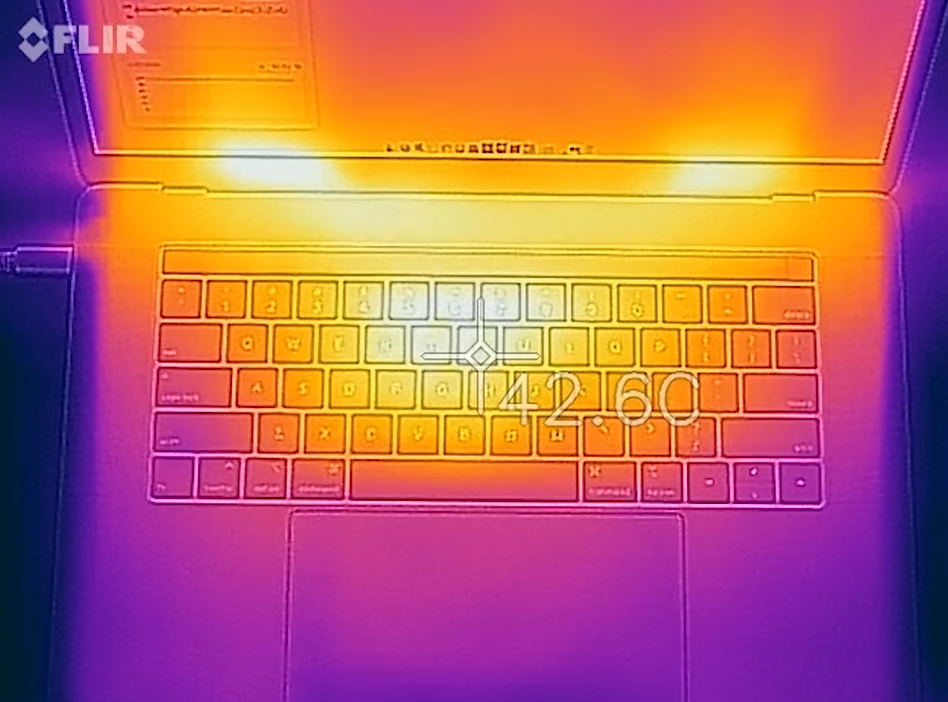 2762
2762
 2018-07-25
2018-07-25
Update on July 25: Apple confirms it is a bug and releases a fix.
The top-of-the-line MacBook Pro with an Intel Core i9 processor has gotten some bad press. The new laptop reportedly is subject to thermal throttling, which is a fancy way of saying that its CPU gets so hot that it slows itself down before burning up.
But before anyone criticizes Apple too much, Consumer Reports came to the company’s defense. The consumer-testing organization points out that other laptops with top-tier processors are also subject to thermal throttling.
YouTuber Dave Lee broke the story about the Core i9 version of the MacBook Pro. What hasn’t gotten nearly as much attention is Lee’s video discussing thermal throttling in the i9 version of the latest Dell XPS 15. And that’s just one example.
“Most processors have had this capability built in for years,” says Richard Fisco, an electronics testing program leader at Consumer Reports. “I would rather have the system throttle and take a lot longer to do things than just let itself get fried.”
It is still a problem, though. Lee found that the i9 version of the latest MacBook Pro rendered a 4K movie slower than a Core i7 version. He could significantly speed up the process by putting the computer in a freezer.

There is a solution to thermal throttling
The difficulty lies with powering a thin-and-light laptop with a CPU known for generating a great deal of heat, like the Core i9.
“A laptop is the worst environment you can think of for a processor,” Fisco says. “There’s just not a lot of space, so you can’t cool it as efficiently.”
But Consumer Reports has a solution: Do all your work in a walk-in freezer. No, actually they advise getting an iMac Pro instead of a MacBook Pro.
“If you absolutely need bleeding-fast speed — perhaps you’re a programmer who regularly compiles large applications or someone who edits huge amounts of high-resolution video — a high-end desktop may be a better bet than a souped-up laptop,” wrote Consumer Reports.
Too many compromises
A curmudgeon might point out that it’s possible to make a laptop that can handle the Core i9 chip. The Acer Helios 500 is one such, according to Lee.
However, doing so requires some significant compromises. That Acer laptop comes in at a whopping 8.8 pounds and 1.5 inches thick to make room for big fans and heatsinks. Compare that to the 4-pound weight and 0.6-inch thickness of 2018’s 15-inch MacBook Pro to really highlight the necessary tradeoffs.
Apple had a choice: Deny people the option to get a Core i9 version of its latest macOS laptop, or let buyers make the decision on whether the drawbacks are worth it. It’s hard to argue with the course Apple took.
The Core i9 version of the 2018 MacBook Pro is the most powerful but isn’t the best option for the price conscious. We found out which version is the best value.
Source: cultofmac